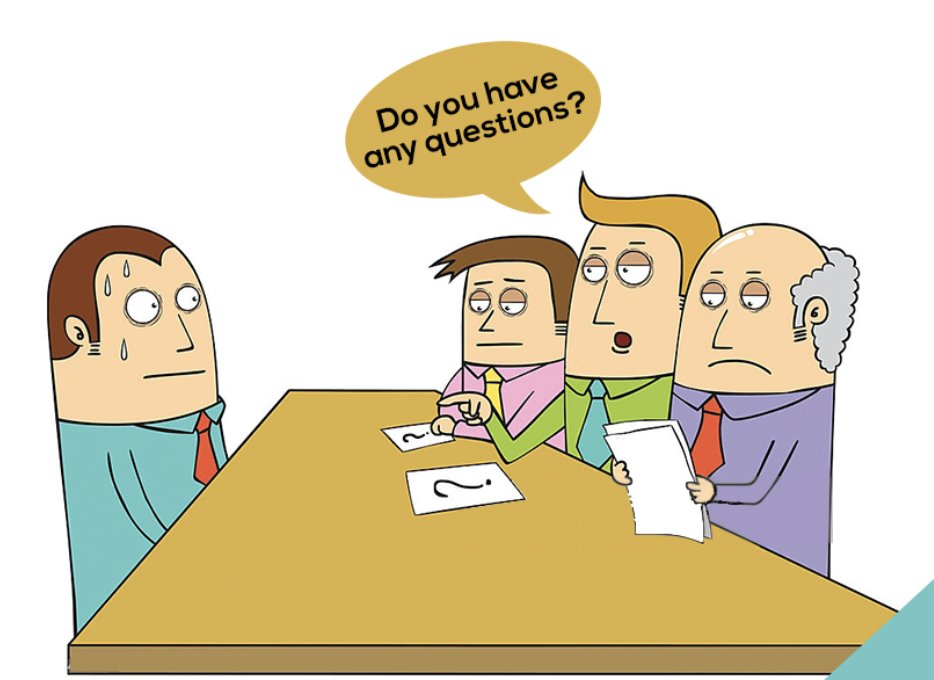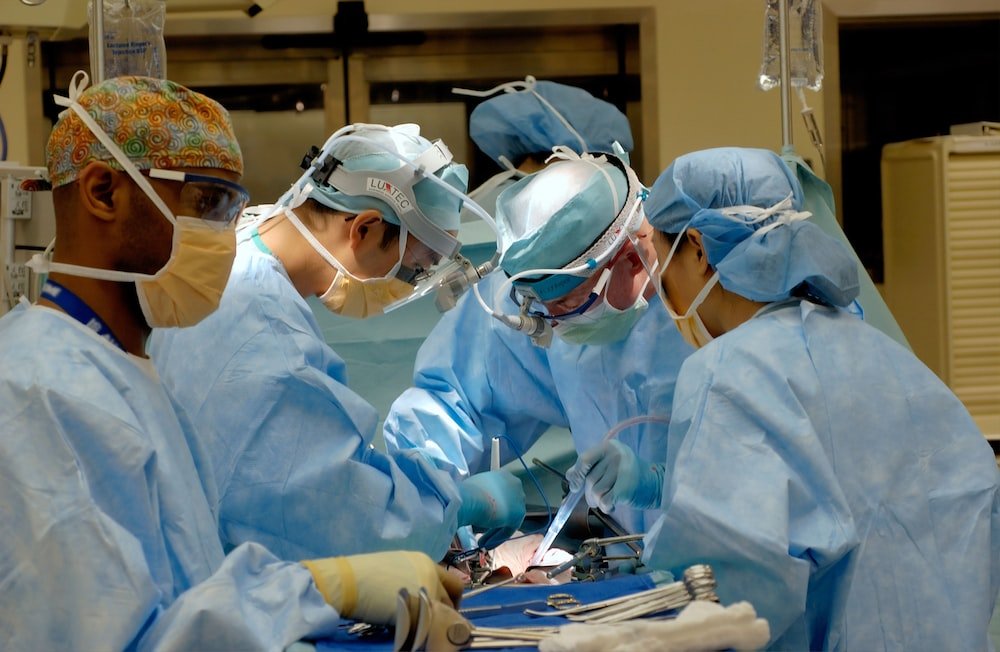
Neurosurgeon | Author | Co-Founder of https://t.co/npT6WKKzDu - I help doctors thrive at work and at home
How to get URL link on X (Twitter) App


 1 - Don't Multitask
1 - Don't Multitask
 1/ Call for Help
1/ Call for Help
 The old model of confidence said, "fake it 'til you make it".
The old model of confidence said, "fake it 'til you make it". 
 Ergonomics is dedicated to understanding the interactions between humans and systems.
Ergonomics is dedicated to understanding the interactions between humans and systems.
 Towards the end of surgical training, you are particularly dangerous.
Towards the end of surgical training, you are particularly dangerous.
 FRCS done. CCT check. Fellowship finishing.
FRCS done. CCT check. Fellowship finishing. 
 The old model of confidence said "fake it 'til you make it".
The old model of confidence said "fake it 'til you make it". 
 Work related musculoskeletal disorders (MSKD) are associated with:
Work related musculoskeletal disorders (MSKD) are associated with:
 The SEALs have a fierce reputation.
The SEALs have a fierce reputation.
 ...I have long perceived the nature of good and its nobility, the nature of evil and its meanness, and also the nature of the culprit himself...none of those things can injure me, for nobody can implicate me in what is degrading."
...I have long perceived the nature of good and its nobility, the nature of evil and its meanness, and also the nature of the culprit himself...none of those things can injure me, for nobody can implicate me in what is degrading."

 Who was Miyamoto Musashi and what did he do?
Who was Miyamoto Musashi and what did he do?
 There is no "right" way to meditate.
There is no "right" way to meditate.
 If you couldn't solve the problem, don't feel bad.
If you couldn't solve the problem, don't feel bad.